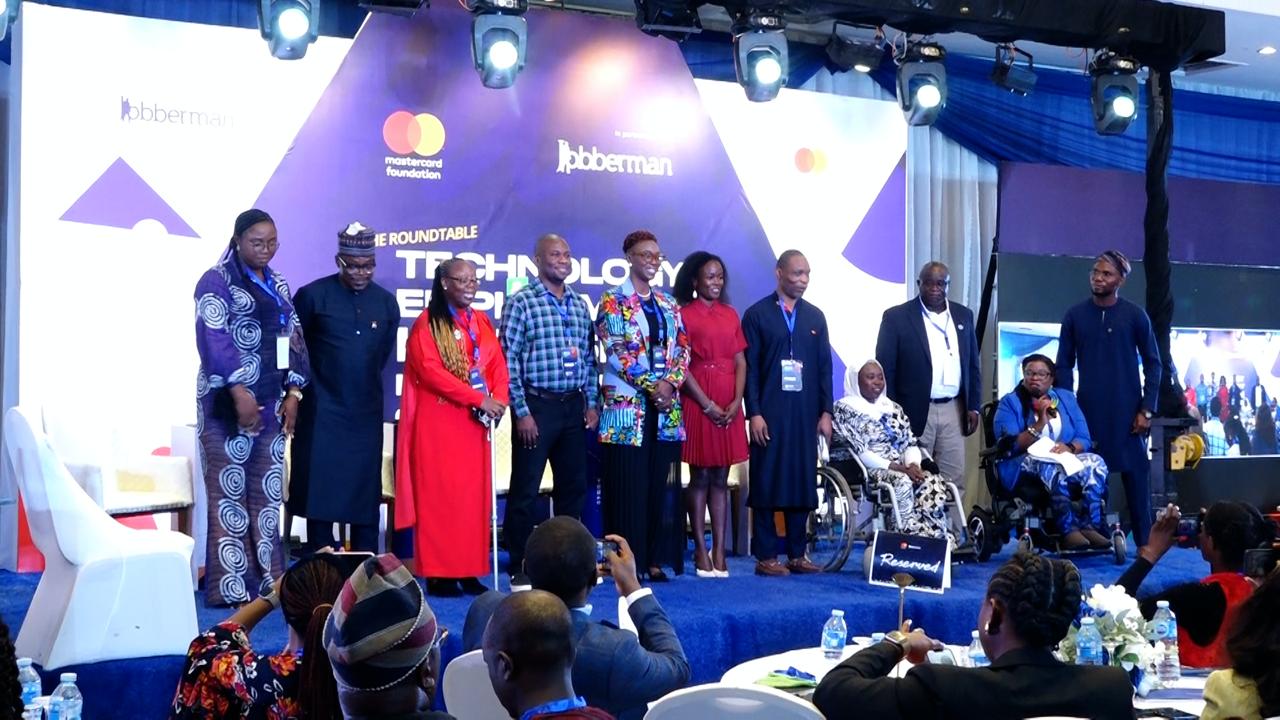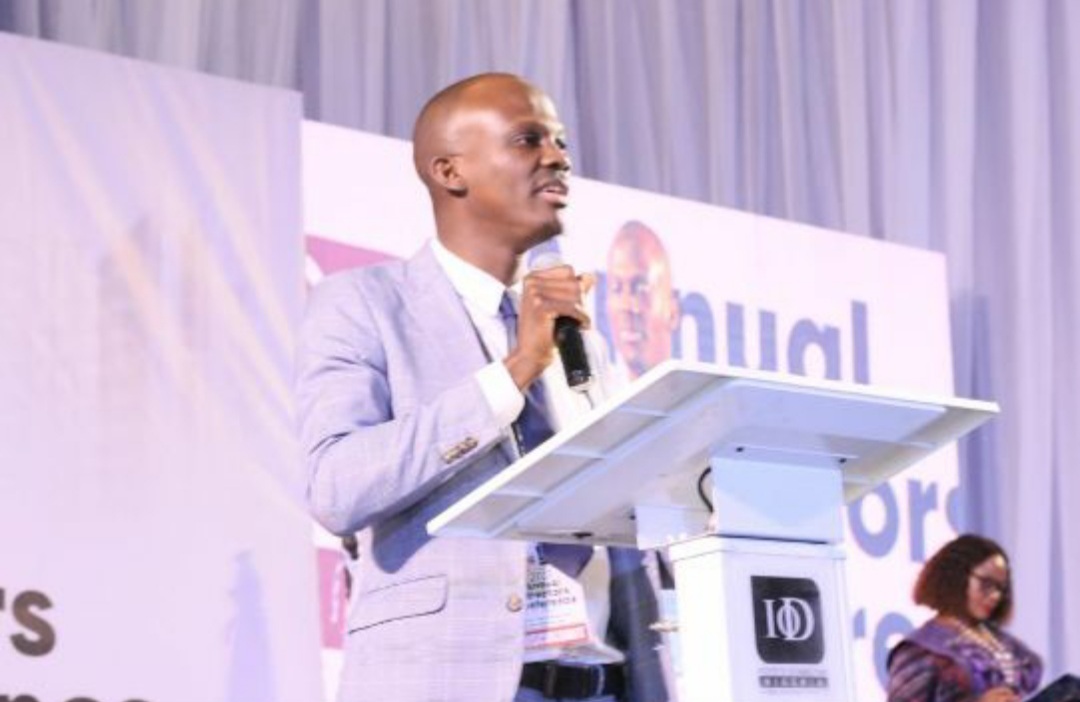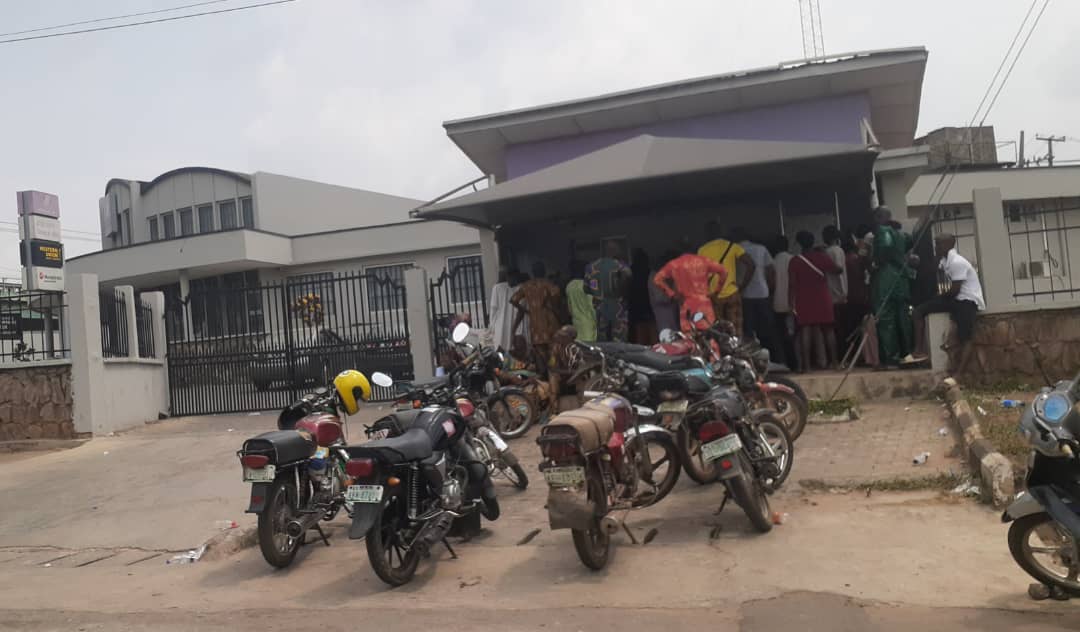Group charts inclusive path for digital employment in Nigeria
By Aderonke Ojediran
Jobberman Nigeria, in partnership with the Mastercard Foundation, under the Young Nigeria Works programme, successfully convened the Technology and Employment Inclusion in Marginalised Contexts Roundtable on Thursday in Abuja.
The event brought together key stakeholders across government, the private sector, civil society, digital platforms, and development organisations to address urgent barriers and emerging opportunities in the digital employment landscape for Nigeria’s most vulnerable groups.
These include women in disadvantaged communities, persons with disabilities (PWDs), and internally displaced persons (IDPs).
In a keynote address, Mr Abba Isa, Senior Special Assistant to the President on Special Needs and Equal Opportunities, emphasised the importance of building inclusive digital ecosystems that provide equitable access to employment and economic dignity for all Nigerians.
The roundtable opened with remarks from Hilda Kabushenga, CEO of The African Talent Company (TATC), the parent company of Jobberman.
Kabushenga said: “Technology can and must be a force for inclusion, not division. As the world of work evolves, we must ensure that no one is left behind. Today’s conversations are not just about technology, they are about equity, access, and opportunity.”
A key highlight of the event was the presentation and validation of a new research report titled: “Technology and Employment Inclusion in Marginalised Contexts”.
The report explores how digital platforms such as job boards, gig and remote work platforms, and social media can unlock access to meaningful employment for marginalised populations.
It also outlines the structural, cultural, and technological barriers these groups face, including low digital literacy, unaffordable data costs, and discrimination in the labour market.
The Technology and Employment Inclusion in Marginalised Contexts research highlights inequalities in employment access for marginalised groups in Nigeria.
“Nearly 9 in 10 employers don’t recruit from these groups, with 72% making no effort toward inclusive hiring. Skills gaps, transport issues, and bias remain major barriers, yet 55% of PWDs and 44% of displaced women have found work, often through self-employment in creative/media and agricultural sectors.
“Poor educational access, as 85% of schools unequipped for PWDs, compounds the problem, though digital tools and remote work are creating new pathways. The report revealed that employers now cite a need for subsidised inclusivity training and public recognition to drive change.”
Breakout sessions were held focusing on three critical groups: women in disadvantaged communities, persons with disabilities, and internally displaced persons.
Each session provided space for honest dialogue and collaborative problem-solving, generating insights to inform policy and practice.
Rosy Fynn, Country Director, Mastercard Foundation Nigeria, highlighted the Foundation’s long-standing commitment to inclusive economic growth.
“This roundtable aligns with our mission to enable 30 million young Africans, particularly young women, to access dignified and fulfilling work by 2030. Inclusion is not a side conversation, it is the main agenda. We must design systems where marginalised groups are not just considered but centered,” she said.
She said outputs from the event, including a policy and practice brief, would inform employment programming, platform design, and advocacy initiatives.
She added they would also contribute to the broader Young Nigeria Works learning agenda, which is focused on advancing scalable solutions for meaningful work among young people in Nigeria.(NAN)
Edited by Ismail Abdulaziz

















